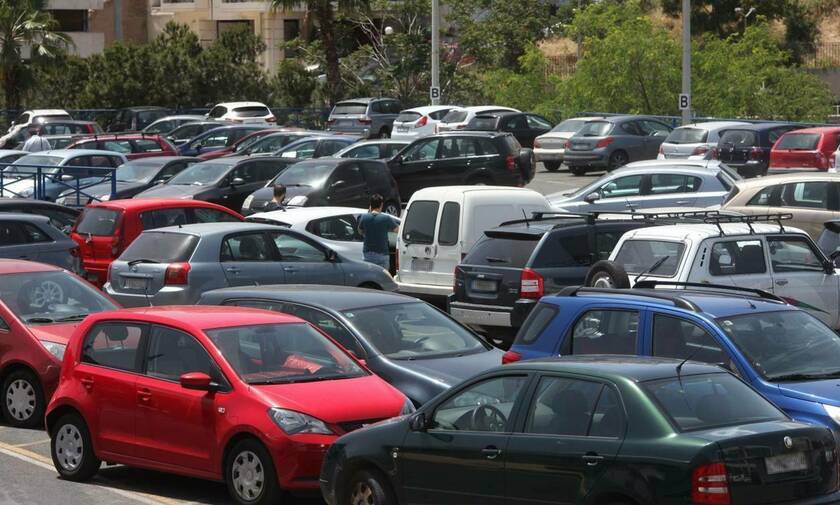Planned smart city platform to provide 20,000 smart parking places throughout Greece

Up to 20,000 'smart' parking spaces will be made available in cities and towns throughout the country once the digital policy ministry completes its strategy for "smart cities" and the national parking management system, the ministry revealed on Monday.
"We are proceeding in close collaboration with the local authority organisations for the digital upgrading of our cities to benefit the citizens," Digital Policy, Communications and Media Minister Nikos Pappas said.
The proclamation for a open tender for the project, which has a budget of 20 million euros, was published the previous Friday, while the deadline for submitting offers is on May 20, 2019. The agreement that will eventually signed with the contractor chosen will have a four-year duration, while an invitation for cooperation has also been extended to municipal authorities that wish to take part in the programme, with the ministry planning to sign a cooperation memorandum with primary-level local authorities.
The "smart parking" system will be supported by apps that will inform drivers of where parking spaces are available in real time and lead them to these spaces. It will also be designed to special specifications that ensure there are parking spaces for permanent residents and vulnerable individuals, such as the disabled. For people with special needs, the system will ensure the availability of parking spaces with special sensors. The electronic platform will be able to categorise and manage special groups of users (residents, disabled, those eligible for special charges etc).
Monitoring of the special and residents' parking spaces will be through a control device that will operate automatically, informing municipal police of violations that will be displayed on a digital map.
The project will be based on innovative solutions based on the Internet of Things and includes:
- Optical parking sensors that can be placed on the road surface or pavement, or even high up on street lights and buildings, and are able to monitor 10-100 parking spaces depending on the height where they have been installed and location.
- Geo-location technology that guides drivers to free parking spaces through a smartphone and informs motorists of any traffic measures, weather phenomena or current municipal activities, while also guiding municipal services to illegally occupied parking spaces in order to protect both residential parking and parking spaces for the disabled.
- Alternative payment methods (smartphone apps, prepaid parking time via SMS or card)
- Training of municipality personnel
The payment methods available must support electronic payments through a smartphone and mobile device or internet app, which allows payment using debit and credit cards, prepayment of parking time that is used gradually and a system for charging by the minute. It must also have the capability of offering free or reduced-rate parking, while also allow motorists to pay by cashing points collected through the purchase of goods and services in shops within each municipality.
The project also calls for a 'smart city' platform that will allow participating municipalities to activate other applications alongside the smart parking management apps, such as remote control of street lights, collection and management of environmental data from sensors, collection and management of data on refuse collection (with sensors in bins and garbage trucks) and interoperation with applications for smart management of the water supply, law and order and remote control of the public wifi network.
Users of the platform will additionally be able to learn about cultural events and activities in the municipality, special offers in shops and other useful information. The aim is for the platform to be expandable and be able to provide the stored data to applications that will be developed in the future, as well as possessing a mechanism to cross-check primary data on important municipal indices, such as crime, pollution, unemployment and others.
Ministry Secretary General Stelios Rallis said the emphasis will be placed on "making cities open, accessible and friendly to all, and naturally to people with disabilities. Especially in urban and commercial centres, a well-functioning system of controlled parkng is a very important parameter that decides the quality of life of residents and visitors to modern cities."
Source: ana-mpa













